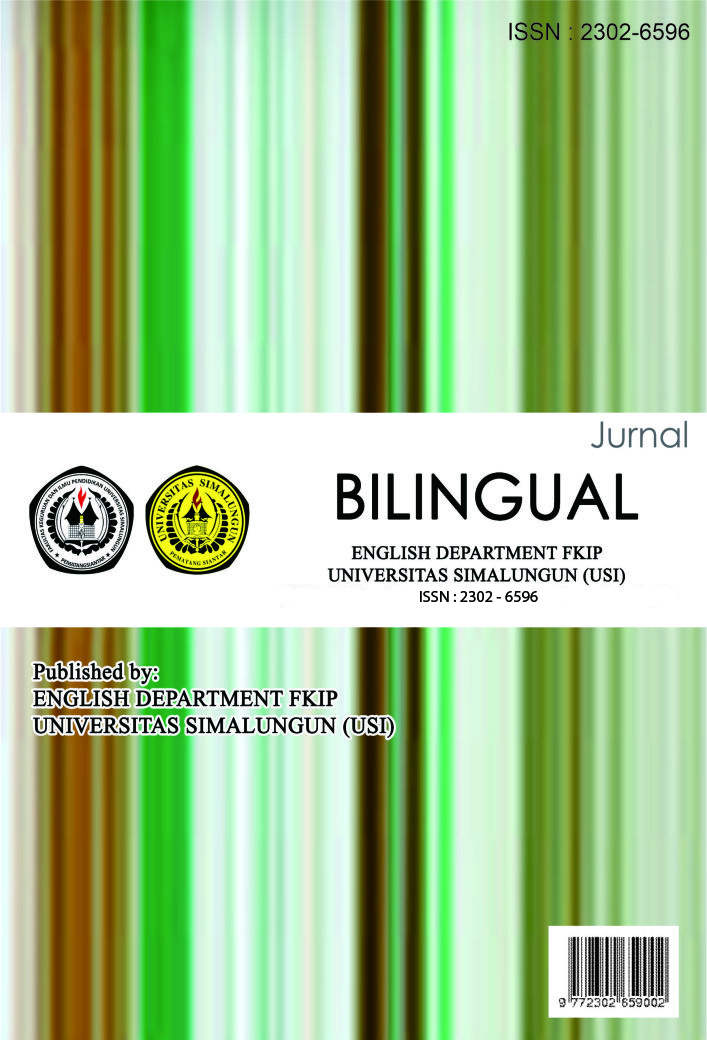Improving Speaking Skill by Debate Method aT Grade 8 SMP Swasta Muhammadiyah 21 Serbelawan
DOI:
https://doi.org/10.36985/xwsps974Keywords:
Debate Method, Speaking Skill, Student Achievement, Experimental Research, Eighth Grade Students Debate Method, English Learning, Quasi-Experimental, Junior High SchoolAbstract
The purpose of this research is to find out the application of Debate methode for improving the students’ achievement in speaking skill at the eighth grade of SMP Swasta Muhammadiyah 21 Serbelawan. This research used a quantitative approach with a true experimental method design. The population of this research was eighth grade students consisting of 64 students from 2 classes, and all were used as the sample through saturated sampling technique. The data collection technique was pre-test and post-test. The result of the research showed that the hypothesis testing of post-test control class and post-test experimental class shows that tcount = 5,409 > ttable = 1,695. So, the null hypothesis (H0) was rejected and alternative hypothesis (Ha) was accepted. It means that the application of debate method to improve students’ achievement in speaking skill was significant. The treatment involved explaining what a debate is, types of debates, and how to express a good opinion. After giving examples on topics like the internet, full-day school, and government, students were asked to express their opinions about TikTok's influence. After students were able to express their opinions confidently, they debated on topics such as social media and online games, arguing for or against their effects. Based on the analysis, there was improvement in fluency, confidence, and critical thinking. Students were able to express their arguments more clearly and organize their ideas logically. Though some minor mistakes remained, their overall speaking performance showed significant progress. The findings suggest that the debate method is an effective strategy for improving speaking skills
Downloads
Downloads
Published
Issue
Section
License
Copyright (c) 2025 Indah Miranti Oktavia, Marhaeni K D Matondang, Mardin Silalahi (Author)

This work is licensed under a Creative Commons Attribution 4.0 International License.






